2019 Winter Student Program
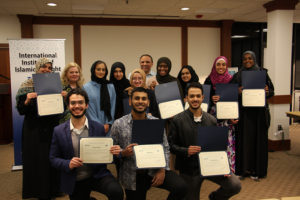
The International Institute of Islamic Thought (IIIT) and its instructional division, The Fairfax Institute (TFI) held the fourth Winter Student Program from January 7 – 11, 2019 in Herndon, Virginia. This was a five-day intensive course with a group of fifteen students from different parts of the United States.
Undergraduate students were chosen based on their GPA, relevant coursework, as well as compelling interest in the program. They came from diverse educational backgrounds including Government and Politics; International Relations; Information Technology; Computational Modeling and Data Analysis; Economics and Political & Social Thought; Global Leadership; Religion, Philosophy, and Middle Eastern Studies; Anthropology; Business Management; Arabic Linguistics; Psychology; and Social Justice and Human Rights.
During the five days, instructors taught a variety of topics from Approaching the Qur’an to History and Methodology of Qur’anic Studies; History and Methodology of the Sunnah; Contemporary Approaches to the Sunnah; History of Islamic Thought: Reason and Revelation; and Survey of Muslim History and Civilization. The instructors – Zainab Alwani, Jonathan Brown, Ovamir Anjum, Ermin Sinanovic, and Rehenuma Asmi – presented their topics and engaged with the students, creating new learning opportunities. On the last day, students – who were previously divided into 4 groups – gave a 15-minutes presentation, sharing a collaborative summary of their new knowledge, their thoughts and experiences. At the end, the students were presented with their graduation diplomas.
Following are some responses from the students to the question: “What aspects of the program were most useful?”
“Being able to understand the place that Islam holds in the social sciences today and how deeply my own epistemological approach was flawed is the main aspect that I found valuable in this program. Moving forward my understanding of “what constitutes truth” and “how do we arrive at truth” in the social sciences as well as in history, and philosophy is based on an Islamic paradigm. Moreover, engaging and building relations with such a talented and driven cohort of young scholars that are interested in Islamic thought, is an opportunity that is extremely rare; I’m immensely grateful to have experienced this”.
“Studying Islam at a deeper level is much needed but it’s hard to find programs that offer Islamic studies at a high intellectual level. It’s also a challenge for me to find Muslims to teach in person on these topics and that are knowledgeable on these topics. WSP offered an answer to these two challenges.
“The most valuable part of the program is the different topics and having a different speaker come each day”.
“Knowing of IIIT, developing relationships with the institution, instructors and students that will allow for a continual process of growth”.
“I found that the platform for discussions that were held between the instructors and the students was the most useful aspect of the program. This allowed for a number of insightful questions and fruitful discussions pertaining to subject matters of personal interest, as well as intersections between different topics and their relation to Islam and Islamic thought. In addition to this I personally found that getting to learn more about the work that IIIT does and how the organization operates was very eye-opening. This has tremendously impacted my vision for the work I hope to do in the future (God-willing). I hope to continually engage with IIIT as I progress towards my educational and career goals”.
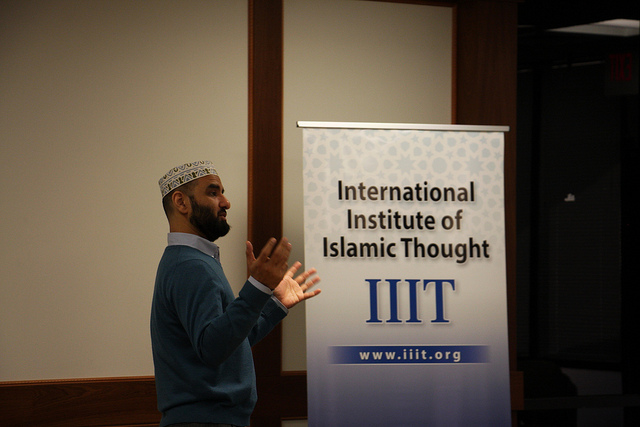
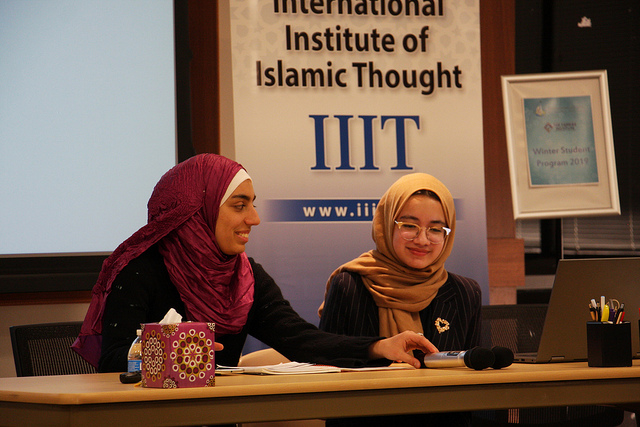
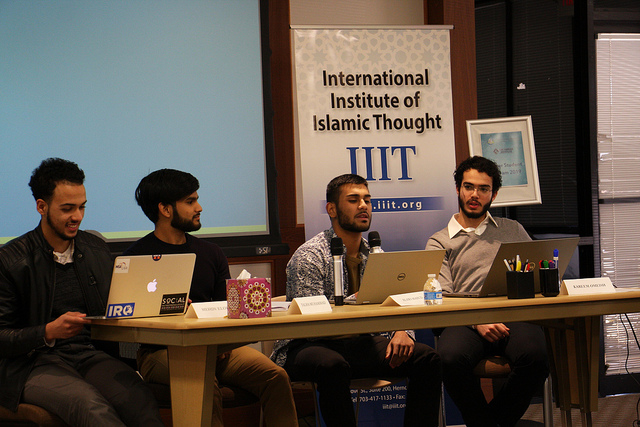
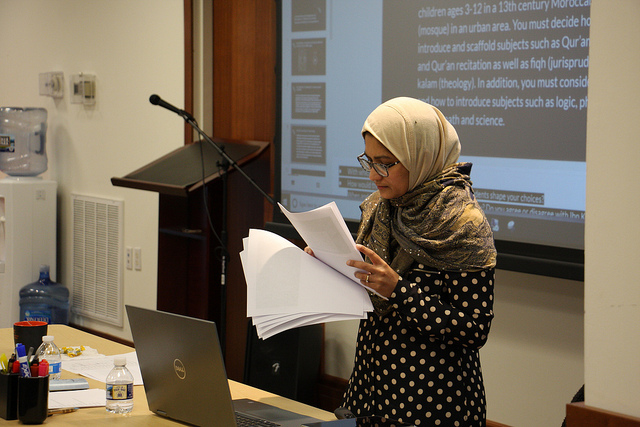
Additional photos: https://flic.kr/s/aHsm8JKjWg
Recommended Posts
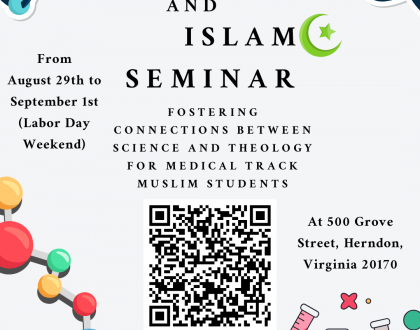
Exploring Bioscience & Islam Seminar Series
May 21, 2025
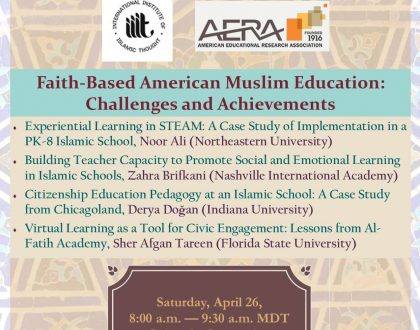
IIIT at AERA 2025 Annual Meeting
April 14, 2025
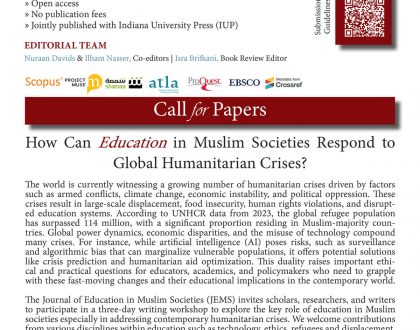
JEMS – Call for papers
April 11, 2025
